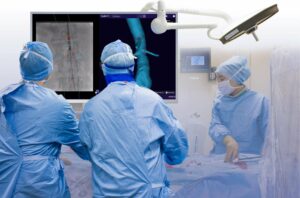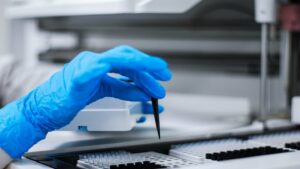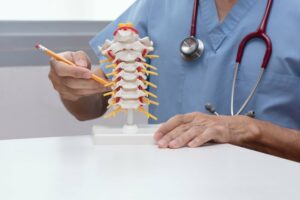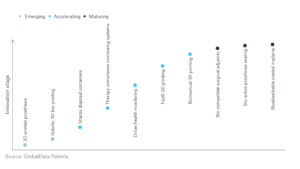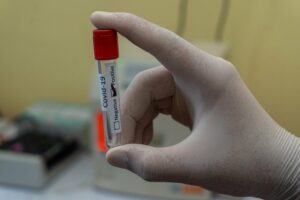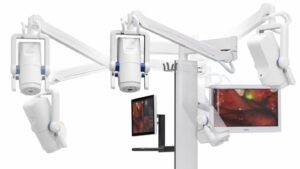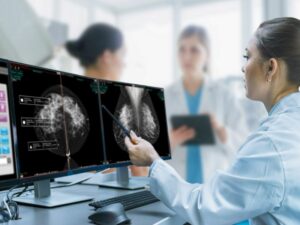<!–
–>
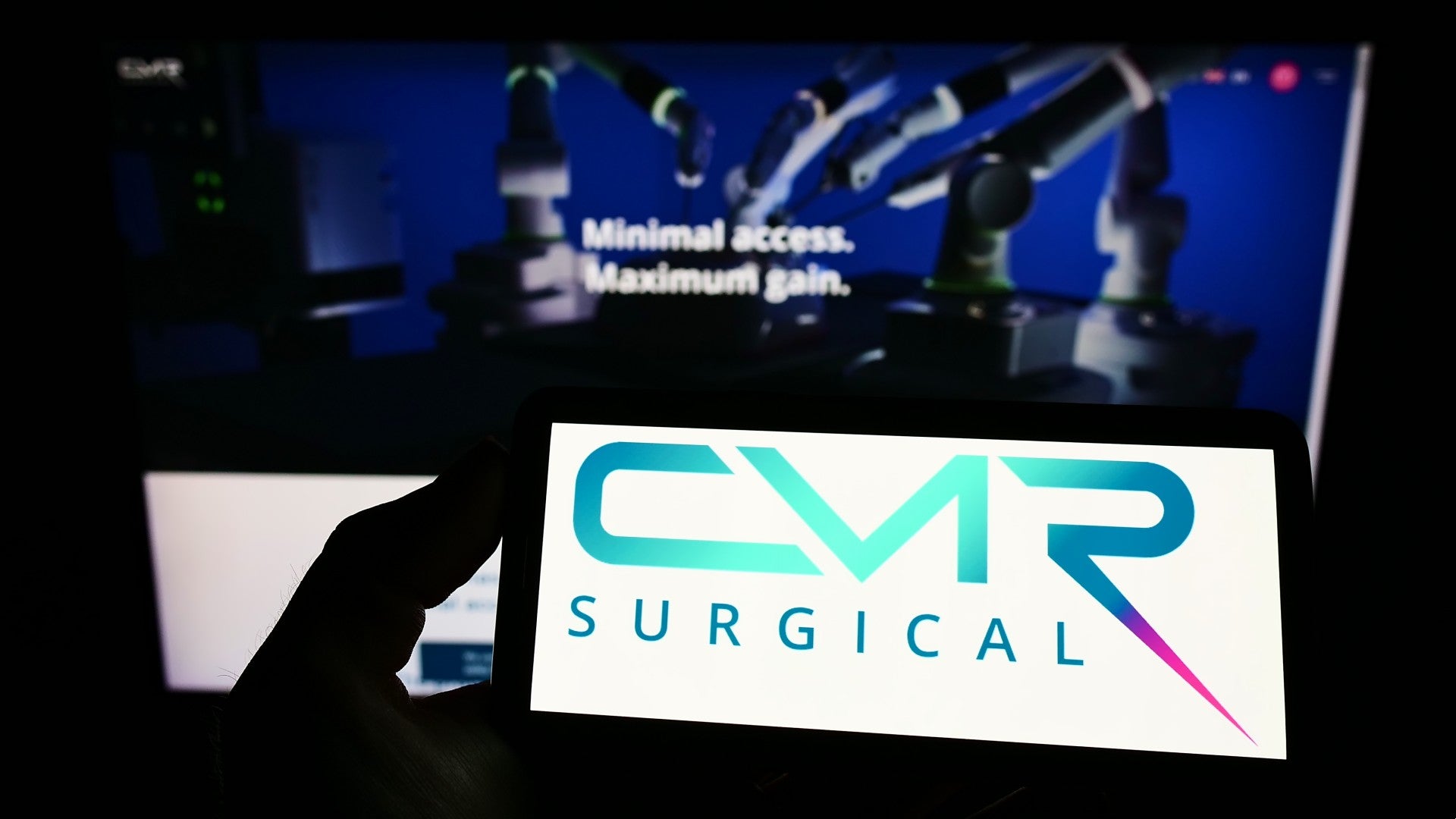
Cambridge, UK-based CMR Surgical has raised $165m in funding to continue the development of its Versius surgical robot. This latest investment brings their total raised to over $1bn, cementing the coveted unicorn status the company acquired in 2019 through a £195m (then $240m) round of Series C funding.
CMR was founded in 2014, and through numerous record-breaking funding rounds has established itself as a major competitor of US-based Intuitive Surgery, currently the market leader in surgical robotics. It claims to offer a unique surgical experience by allowing complete freedom of port placement, mimicking the way surgeons would traditionally operate, alongside a modular system small enough to fit inside any operating theatre.
Brian Hicks, Senior Medical Devices Analyst at GlobalData, explains that “Even well-established and leading robotic surgical companies like Intuitive Surgical continue to see near double-digit growth in this market overall, so investors see lots of potential in continued technological and product adoption into hospitals and integrated delivery networks.”
Versius recently passed the milestone of 15,000 surgeries and is used in over 20 countries across a range of specialisms. Alleged benefits of surgical robots include reduced strain for surgeons and decreased recovery times for patients by allowing for more widespread use of minimal access surgery (MAS).
MAS, commonly known as keyhole surgery, is a form of surgery in which the operation is performed through a series of small incisions in the body into which equipment is inserted, reducing blood loss and post-surgery pain and recovery time.
If CMR is able to continue to take market share from Intuitive Surgical, the growth potential is huge. Intuitive is currently valued at over $100bn and made more in profit last year than CMR has raised over its nine-year lifespan.
Our signals coverage is powered by GlobalData’s Thematic Engine, which tags millions of data items across six alternative datasets — patents, jobs, deals, company filings, social media mentions and news — to themes, sectors and companies. These signals enhance our predictive capabilities, helping us to identify the most disruptive threats across each of the sectors we cover and the companies best placed to succeed.
- SEO Powered Content & PR Distribution. Get Amplified Today.
- PlatoData.Network Vertical Generative Ai. Empower Yourself. Access Here.
- PlatoAiStream. Web3 Intelligence. Knowledge Amplified. Access Here.
- PlatoESG. Carbon, CleanTech, Energy, Environment, Solar, Waste Management. Access Here.
- PlatoHealth. Biotech and Clinical Trials Intelligence. Access Here.
- Source: https://www.medicaldevice-network.com/news/cmr-surgical-raises-165m-to-continue-development-of-surgical-robot/
- :has
- :is
- $1bn
- 000
- 15%
- 20
- 2014
- 2019
- a
- Able
- access
- acquired
- across
- Adoption
- alleged
- Allowing
- alongside
- alternative
- analyst
- and
- any
- AS
- At
- benefits
- BEST
- blood
- body
- Brings
- by
- capabilities
- capital
- cementing
- claims
- COM
- commonly
- Companies
- company
- competitor
- complete
- continue
- continued
- countries
- cover
- coverage
- coveted
- Currently
- data
- datasets
- Deals
- decreased
- delivery
- Development
- Devices
- disruptive
- each
- enhance
- enough
- equipment
- established
- experience
- Explains
- filings
- fit
- For
- form
- Founded
- Freedom
- from
- funding
- GlobalData
- Growth
- growth potential
- helping
- hospitals
- HTTPS
- huge
- identify
- in
- include
- inside
- integrated
- into
- intuitive
- investment
- Investors
- IT
- items
- ITS
- itself
- Jobs
- jpg
- known
- Last
- Last Year
- latest
- leader
- leading
- lifespan
- like
- loss
- lots
- made
- major
- Market
- Market Leader
- market share
- MAS
- Media
- medical
- medical devices
- mentions
- milestone
- millions
- minimal
- modular
- more
- most
- Near
- networks
- news
- now
- of
- offer
- operate
- operating
- operation
- our
- over
- overall
- Pain
- passed
- Patents
- patients
- performed
- photo
- placement
- plato
- Plato Data Intelligence
- PlatoData
- potential
- powered
- predictive
- Product
- Profit
- raised
- raises
- range
- recently
- recovery
- Reduced
- reducing
- robot
- robotics
- robots
- round
- Sectors
- see
- senior
- Series
- Series C
- Share
- shutterstock
- Signal
- signals
- SIX
- small
- So
- Social
- social media
- Status
- succeed
- Surgery
- surgical
- surpassed
- system
- T
- Take
- technological
- than
- that
- The
- theatre
- their
- thematic
- themes
- then
- These
- this
- threats
- Through
- time
- times
- to
- Total
- traditionally
- unicorn
- unicorn status
- unique
- us
- use
- used
- valued
- was
- Way..
- we
- which
- widespread
- would
- year
- zephyrnet


